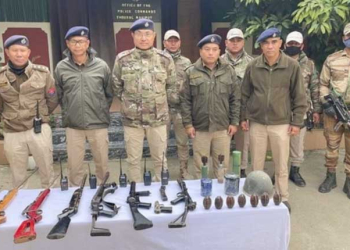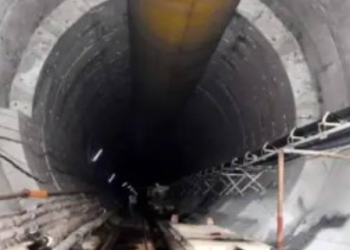New Delhi: The Supreme Court on Wednesday declined to entertain an argument seeking the appeals against the Madras High Court order, quashing the quota for Vanniyar community in Tamil Nadu, in jobs and education, be referred to a larger bench.
A bench headed by Justice L. Nageswara Rao and comprising Justice B.R. Gavai told counsel for the parties that this matter does not need consideration by a larger bench.
Asking counsel to begin their arguments, the bench said: “Not inclined to the argument of referring the matter to a larger bench.”
On Tuesday, senior advocate Abhishek Manu Singhvi, representing the Tamil Nadu government, had contended before the bench that the case involved constitutional issues and could require examination by a larger bench.
After hearing arguments, the top court had said that it will examine whether this issue requires consideration by a larger bench.
On December 16 last year, the Supreme Court agreed to hear a plea by Tamil Nadu government and others challenging the high court judgment, which quashed the law on internal reservation of 10.5 percent to the Vanniyar community under the Most Backward Classes category.
It had said the high court’s interim order would continue and the admissions or appointments already made under the quota will not be disturbed till February 15, 2022, the next date of hearing. The DMK-led Tamil Nadu government, political party PMK and others challenged the High Court’s Madurai bench order on November 1, 2021.
The high court said the state lacked competence to permit such a sub-classification in the absence of study of their backwardness, as it ruled that Tamil Nadu special reservation of seats in educational institutions and appointments or posts in services under the state within the reservation for the Most Backward Classes and Denotified Communities Act, 2021 was ultra vires the provisions of the Constitution.
The state government had cited various reports and data indicating Vanniyars were more backward among the Most Backward Classes.
The high court had, however, noted that the state government lacked the competence to pass the law as it was brought before the 105th Constitutional Amendment.
(IANS)


















